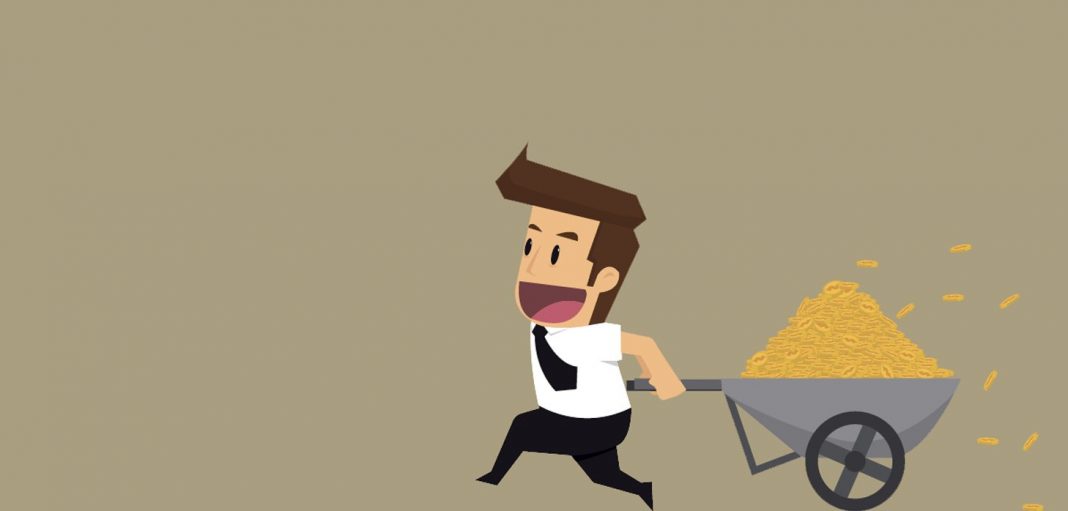With signs of growth emerging in the wider Bay of Plenty and with Baby Boomers looking to retire from business in the near future, the “attraction” that is self employment is popular throughout our region with both locals and out of town investors alike. Where there is opportunity, there is also risk so it’s time for a cautionary tale.
It’s about the importance of seeking professional help when assessing the viability of a business opportunity – that crucial process of due diligence – which will include seeking the advice of your accountant and solicitor.
I still find it frustrating when due diligence isn’t completed or the advice is sought from the wrong people.
Sometimes, the cost of seeking the advice is a barrier.
However, if using your personal assets as collateral, including mortgaging a family home, it is worth doing the due diligence correctly.
Do your due diligence
So here’s the tale. A few years back, I was approached by someone wanting to purchase a business in Rotorua.
The broker was marketing the business with a Return on Investment (ROI) of 30 percent.
This means, you would make $120,000 from your $395,000 purchase price – now that got the attention of the proposed purchaser.
The gospel that is Wikipedia defines ROI as a metric to measure, per period, rates of return on money invested in an economic entity in order to decide whether or not to undertake an investment.
I would also like to point out that I am not an investment adviser, but am qualified to use a calculator and crunch numbers to help the purchaser make an informed decision.
At this point, the prospective purchaser could have taken two paths and he correctly entered into an agreement for purchase with due diligence clauses included.
Due diligence was completed and a report issued – at which point, everything came to a grinding halt, from his perspective.
His question: “How can your figures differ so much from what I have been referring to previously”?
I refer to our friend Wikipedia again, which goes on to state that “the calculation for ROI and, therefore the definition, can be modified to suit the situation -it all depends on what you include as returns and costs”.
Confused? This “flexibility” in calculation is the reason why you should complete due diligence.
The flexibility is there to enable the purchaser to factor in their personal situation i.e. how they will run the business.
But at no time should a ROI exclude a wage for the owner/operator.
This is one item that really put me at odds with some brokers – the assumption that the owner/operator would work for free.
Remember, this is a Return on investment, not a Return for effort.
Factor in a management wage and this examples ROI dropped to 15 percent, at least half of which would then go in interest to the bank, a portion would be set aside for future capital expenditure associated with asset depreciation, leaving a less than attractive ROI for this purchaser.
Now, I will state that this due diligence doesn’t mean that the business is not a good business.
It was a great business. But the risk to my client – given they were risking their freehold house, leaving a well-paid job, moving to an industry that was foreign to them, in a city they knew little about – is probably not going to be worth the asking price.
For every good story like this, I have one that does not end well.
Watching a business crumble, followed by personal bankruptcy and then a marriage breakdown is not something you wish on anyone.
That is why I am so passionate about ensuring that all business investors make fully informed decisions.
Independent and expert advice from someone who does not have a vested interest in your purchase will help ensure your gold is protected.




